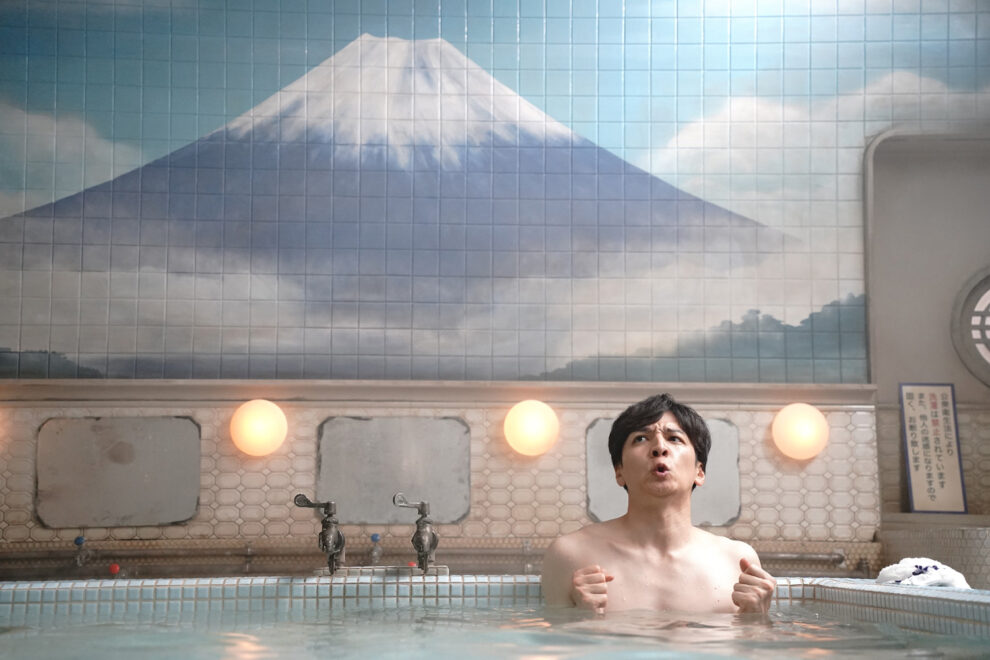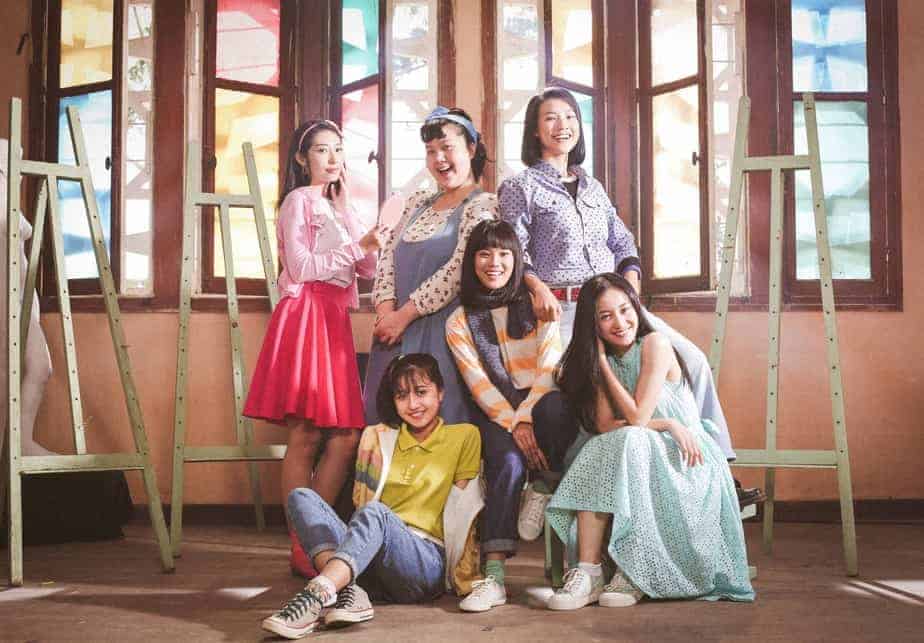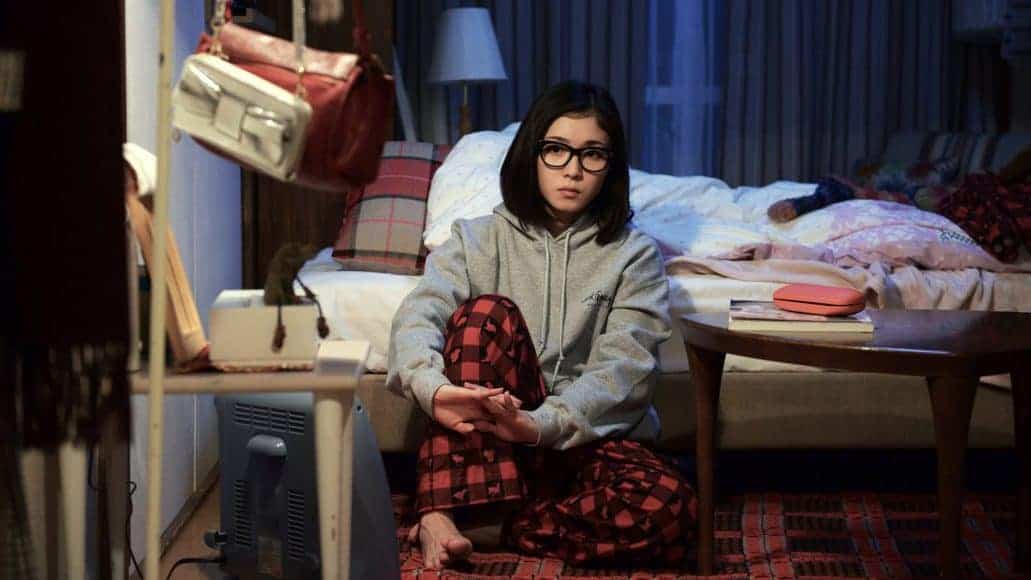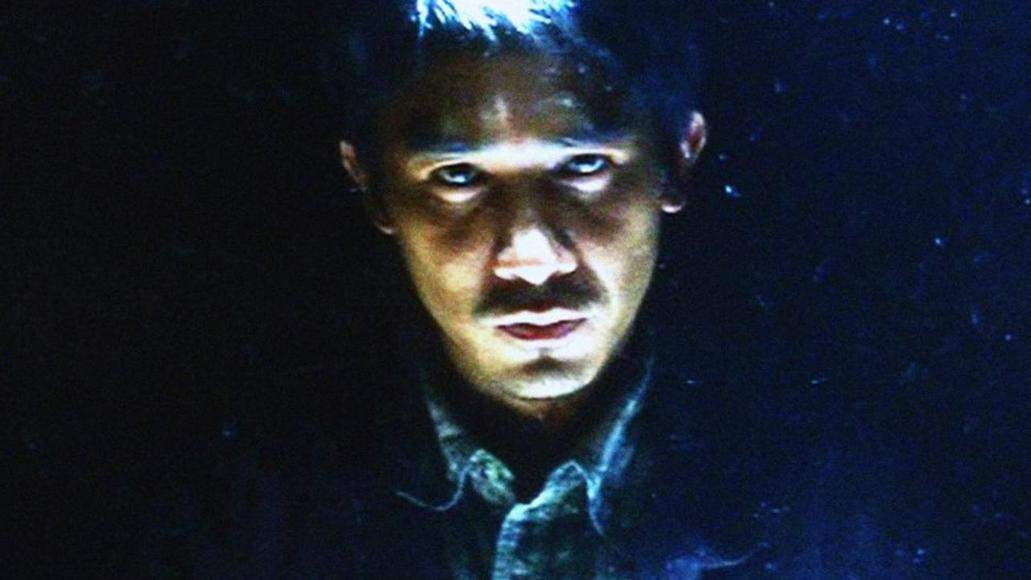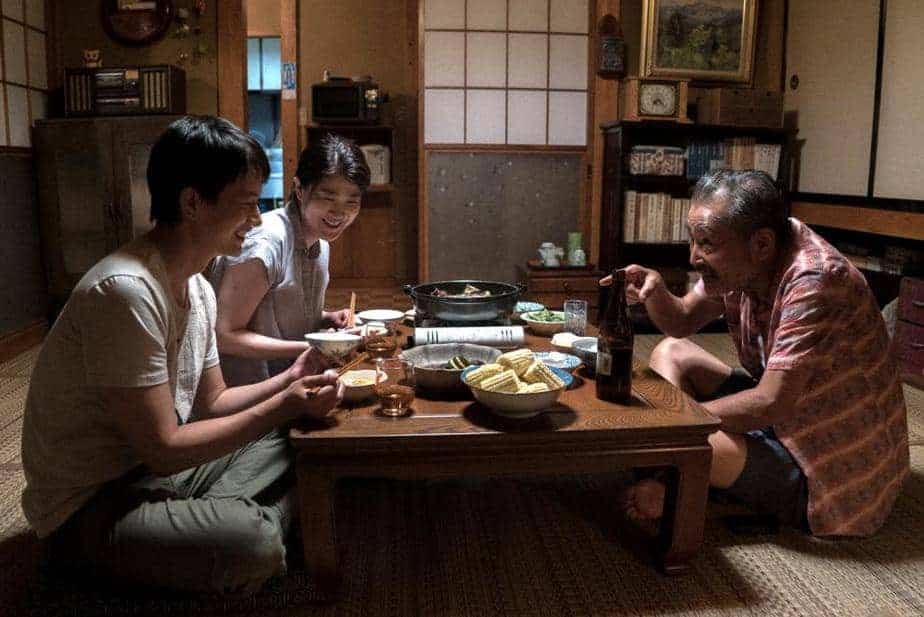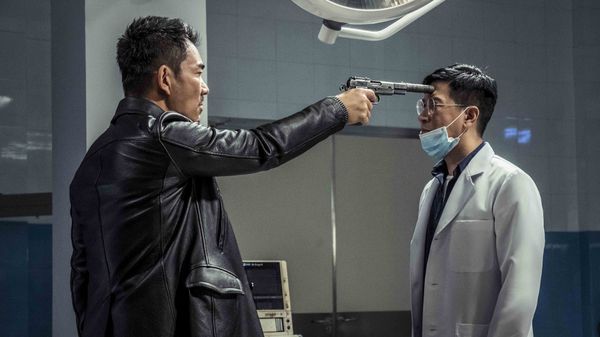A great respect to traditions and rituals, makes possible that in Japan there is a “do” (way) for almost everything. Therefore, a few years ago scriptwriter Kundo Koyama of Oscar-winning “Departures” fame, came out with the idea that a “yu-do” (the way of the hot water/bath) would be not only possible but also very believable. From this reflection, the original script of “Yudo: The Way of the Bath” stemmed and developed to the 2023 film directed by Masayuki Suzuki.
“Yudo: The Way of the Bath” is screening at Udine Far East Film Festival
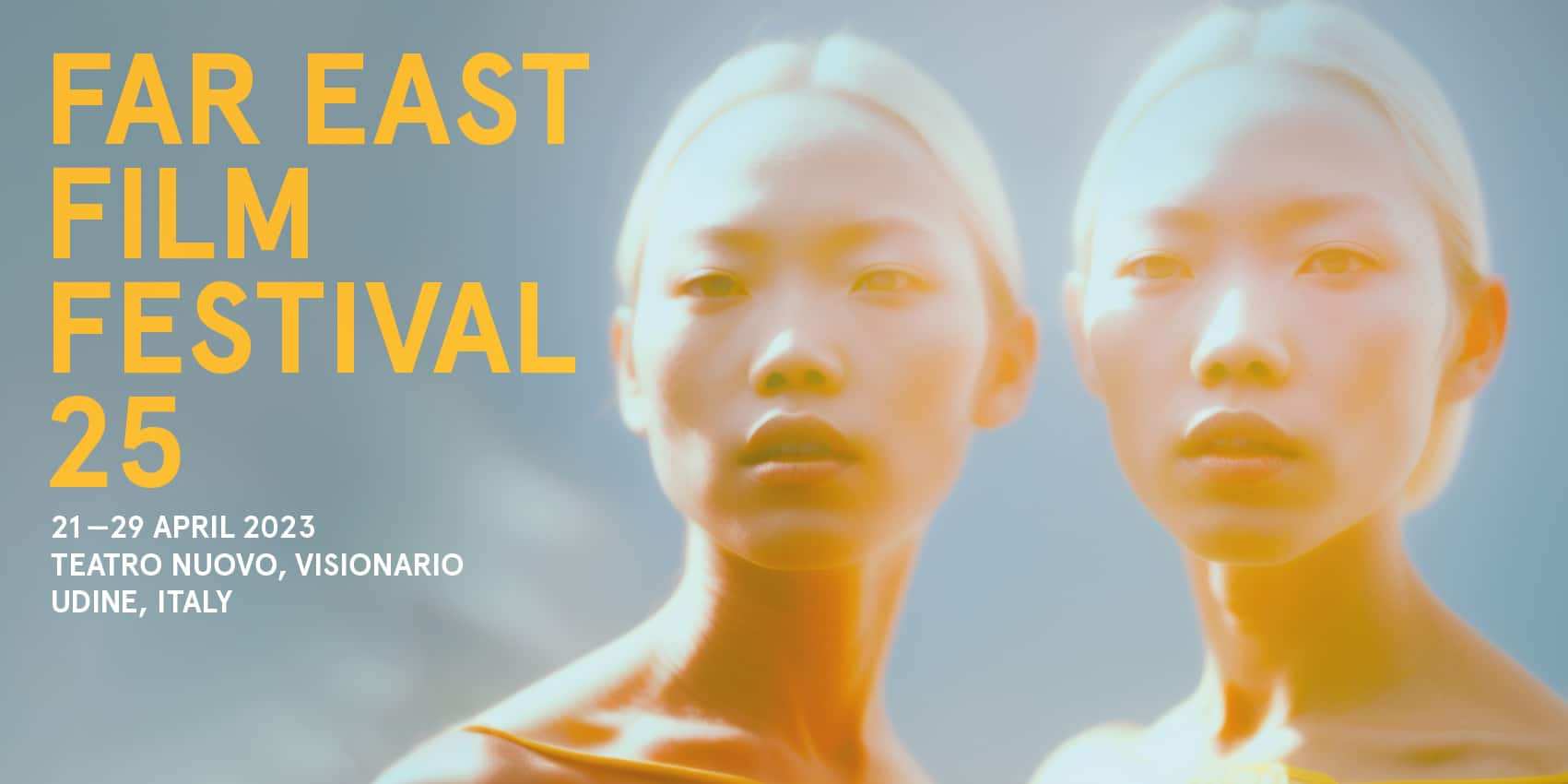
After shining briefly as a rising star of the Tokyo scene, architect Shiro Miura (Toma Ikuta) struggles to find his way as a solo professional, and – after his father's passing – decides to go back to his provincial hometown and take hold of the dying family business, the Marukin Hot Springs, a small-town bathhouse (sento) that his father had run until the end of his days. However, his plans of redeveloping the building into lucrative flats go to pieces as he finds out that his estranged brother Goro (Gaku Hamada) is still keeping the sento going, with the help of Izumi (Kanna Hashimoto), a girl who has left a career in futile fashion business in favour of a simpler life.
A diverse group of eccentric townsfolk gravitates around the Marukin. We gradually meet the regular customers; there is the chef of a local izakaya (Susumu Terajima) who enjoys a post-bath beer and his wife who's always trying to stop him from drinking, an elderly couple of lovebirds, a family with a clumsy gaijin son-in-law who tries to learn the yu-do to please his father-in-law, an early morning lady-singer, an enthusiastic almost-retired clerk who also follows a rather serious school of yu-do. Moreover, a mysterious tramp-like “bath hermit” (Akira Emoto) brings a regular supply of wood and professional advice to the furnace chamber, where Goro spends most of his time – like their father used to do – checking temperature and fire. On her side, Izumi takes care of the reception desk and of the little details, like a fresh flower always on the desk and a smile for everybody. The only one who is not having it is stressed-out Shitro, but after an accident forces Goro to a recovering course in hospital, he is forced to take the lead of Marukin with comedic consequences.
Despite the central story being rather simple and focusing on only 3 characters, the film is enriched by a variety of secondary threads and side characters. The technique of showing different set-ups and situations that initially look all unrelated and then all of a sudden come together into one can be tricky indeed, but Suzuki managed to orchestrate the chaos rather well and after an initial moment of confusion, everything starts to make sense and flow. The director and writer took inspiration for this articulated story, from the several options you can have with ofuro (bath): you can have hot springs, a shower, an ofuro in your own house, the sento (public bath). In the same way, the different approach that all the characters have regarding the ofuro, converge into a common aim; to enjoy the bath. And of course, there is no discrimination in the bath house, everybody is naked, and everybody is equal.
The real protagonist of “Yudo”, however, is the beautiful Marukin, a Showa-era building with a marvelous art deco façade which has been reconstructed by the set design team and that houses most of the shoots. The attention to details is remarkable; in a very tactile way the interior shows its age and past life; rust, grime, worn-out mosaic tiles, and the beating heart of it, the rusty furnace. The two bath areas (for men and women) are on the same level and often filmed in split screens to show the conversations that occur between the two groups, in what they call the echo rooms. Small details bring Marukin to life, the old electric fans, the refrigerators well-stuffed with the typical little bottles of milk and well-chilled beers, and the little till box, ready to collect the small entry fee in coins, that we have seen in so many Japanese films featuring sentos. Flowing camerawork and photography catch the atmosphere flawlessly.
Like the many patrons of the Marukins, “Yudo” has a variety of themes and issues that are thrown into the hot water. It is a story of father and sons – even if the father is absent, his presence is very strong – and it's also a story about nostalgia and the way we can renovate and rehabilitate old traditions that have great emotional impact. It is also a story about hope; the hope that young people may find a way to inject innovation into old traditions and prevent their disappearing. Not to forget a social commentary about a clash between provincial towns and big cities. Lots of interesting themes that unfortunately get in part diluted (no pun is intended) in this whole choral display. However, despite some flaws due to the ambitiously rich mise en scene, “Yudo: The Way of the Bath” is a very entertaining and heart-warming film with moments of pure comedy and moments of light reflection, and an impressive cast of excellent young and veteran actors.


